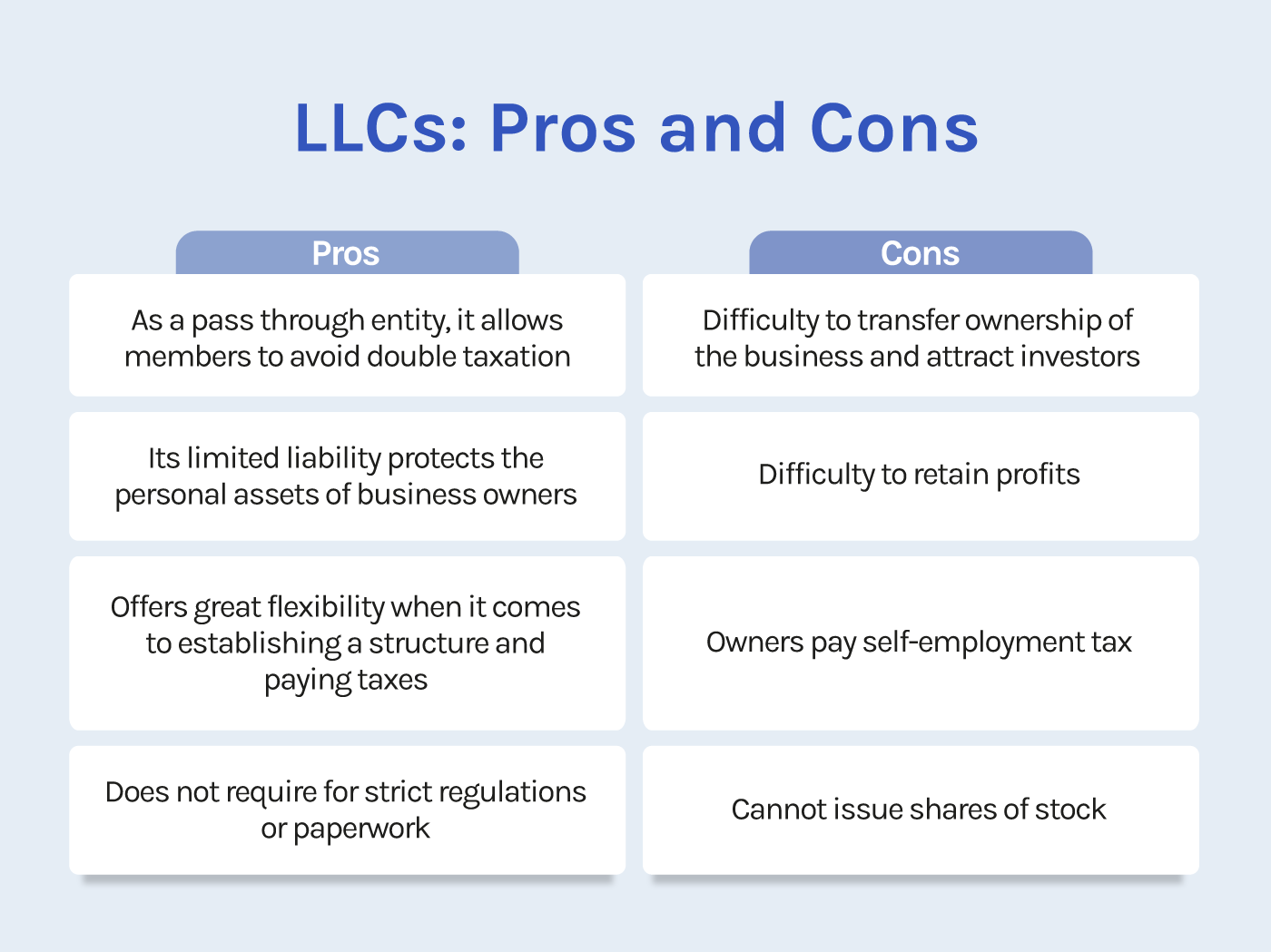Series LLCs have emerged as an innovative business structure that allows a master LLC to create separate “series” with compartmentalized assets and liabilities. While they offer potential benefits like asset protection and cost efficiency, series LLCs also come with uncertainties surrounding their legal status and tax treatment.
How Series LLCs Work

A series LLC is a master limited liability company that can create separate “series” or sub-units within its structure, each operating independently with its own assets, liabilities, members, and business purpose. This compartmentalization allows for the segregation of assets and liabilities among the different series, providing a layer of protection against potential claims or liabilities arising from one series affecting the others or the master LLC. To establish a series LLC, the master LLC’s operating agreement must explicitly allow for the creation of separate series, and each new series can then be formed by amending the operating agreement, outlining its specific assets, members, and management structure.
Advantages of Series LLCs

Series LLCs offer several advantages, including:
- Asset protection: The primary benefit is the potential to isolate liabilities within each series, shielding the assets of other series and the master LLC from claims or lawsuits arising from a particular series.
- Cost efficiency: Forming and maintaining multiple series under a single master LLC can be more cost-effective than creating and managing separate LLCs for each business venture or asset.
- Operational flexibility: Series LLCs allow for the segregation of different business activities, assets, or investments within separate series, enabling tailored management and operational structures for each series.
Disadvantages of Series LLCs
Series LLCs have some potential drawbacks, including:

- Uncertain legal status: While many states have adopted series LLC legislation, there is limited case law and uncertainty surrounding the recognition and enforcement of the liability shields across state lines or in federal courts.
- Record keeping requirements: Maintaining separate books, records, and accounting for each series is essential to uphold the liability protections, which can be administratively burdensome.
- Limited adoption: Not all states have enacted series LLC legislation, potentially limiting the recognition and enforceability of the liability shields in certain jurisdictions.
Tax Implications of Series LLCs

The tax treatment of series LLCs is complex and evolving. For federal income tax purposes, each series within a series LLC can potentially be treated as a separate entity, allowing for different tax elections and accounting methods among the series. Some states may treat the master LLC and all its series as a single entity for state tax purposes, while others may recognize each series as a separate taxpayer.
Strategically structuring operations and assets within separate series could provide opportunities for tax planning, such as isolating certain activities to avoid the uniform capitalization (UNICAP) rules or maximizing the Section 199 deduction. However, maintaining detailed records and properly allocating income, expenses, and assets among the series is crucial for tax compliance and substantiating the separate treatment of each series






